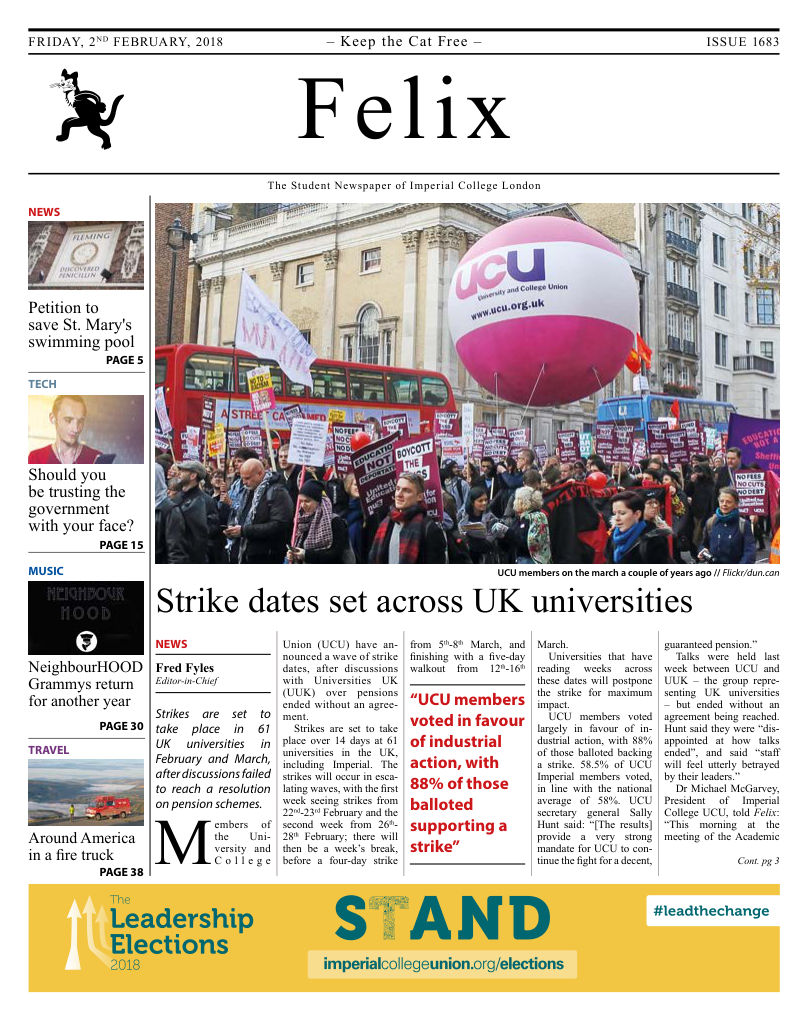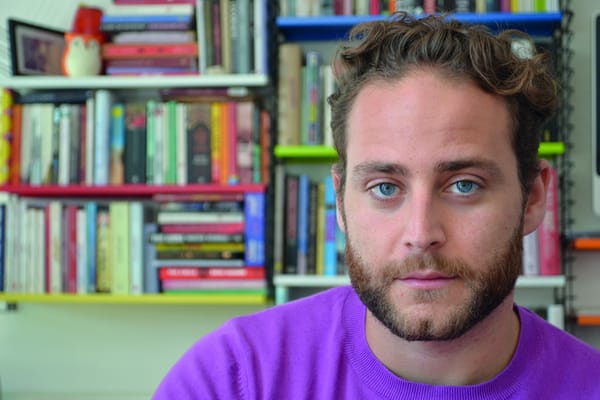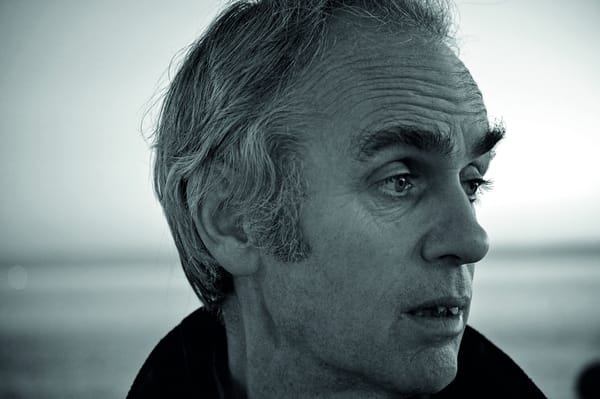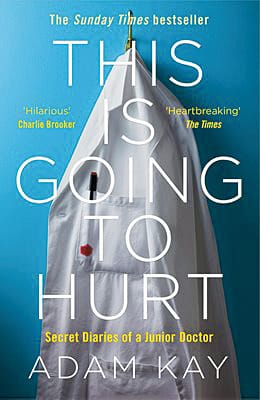“What would you have done?”
German lawyer Bernhard Schlink’s international bestseller The Reader asks this question of a post-war nation healing from guilt and trauma.

The Reader is one of those books that one can discuss at length and would make a good choice for a book club, but I’ll try to keep it short though I have much to say.
The story is told from the first person perspective of Michael Berg and begins with him having contracted hepatitis at the age of fifteen. After vomiting on the sidewalk he is helped by a woman, Frau Hanna Schmitz, in her thirties. Once he has recovered, he decides to thank her for her help. What began as a gesture of gratitude, with dubious intentions, led to a love affair between the two. After a few months into this affair, Schmitz inexplicably leaves town and Michael, leaving him to question their relationship and whether she ever shared his feelings for her. Fast forward a few years and Michael, a student studying Law at university, joins a Professor’s seminar dealing with the trials of people with links to the Nazi regime, whether facilitating it in the form of prison guards at concentration camps or turning a blind eye to it. Observing one of these trials, Michael recognises one of the defendants: Hanna Schmitz.
“Schlink also deals with how a country tries to reconcile with its recent past, in an effort to heal itself”
He becomes engrossed with this trial, never missing a day. He starts to feel numb towards her, condemning her actions with all of his being, only to recant those condemnations when reminiscing about their relationship. He finds himself in the turmoil of trying to come to terms with his country’s recent history which seems to clash directly with his own adolescence. This novel explores a range of issues and handles them extremely well given its relatively short length. The writing is stark, bare of any superfluous descriptions, enabling the reader to assume a position of detachedness from the characters.
This, I believe, allowed me to objectively judge the characters and the situations they were involved in without the author invoking those judgements through in-depth descriptions of the characters’ thoughts and feelings. It permits the reader to arrive at their own conclusions without being nudged there by the author, which is something I really appreciated given the topics that were dealt with. It would have been so easy for the author to make Michael condemn and disown his own memories of Hanna once he realises the atrocities she has committed, a position that many people would sympathise with. Yet he deliberately allows Michael to return to those memories to question Hanna’s guilt and whether she deserves his denouncement.
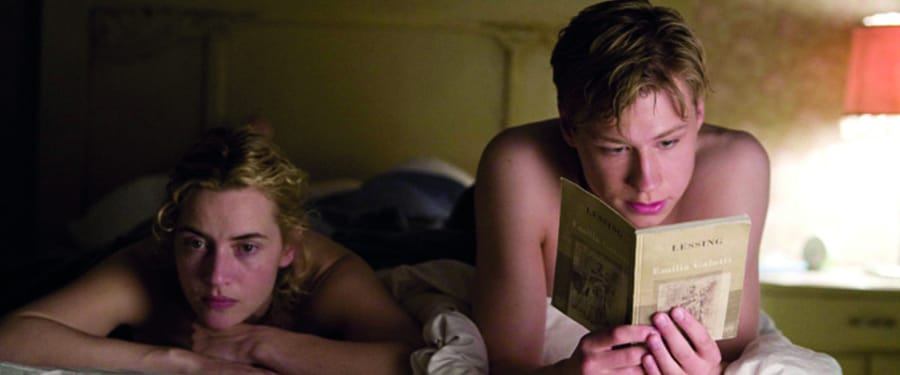
Schlink also deals with how a country tries to reconcile and confront its recent past, in an effort to heal itself. How easy it is for the generation that came into adulthood after the end of the war to condemn and judge those they perceived to have been complicit, almost to the point of making them feel good, a prototype of what we term political correctness today.
“The novel does not shirk away from deconstructing how guilt is handed around and shared”
While some undoubtedly deserve those condemnations, whether those who kept silent do is a different matter. ‘What would you have done?’ - a question Hanna puts to the judge during her trial is one this new generation has not contemplated carefully in their frenzy to assume a higher moral ground, but is one which Michael grapples with. Whether he would have, were it not for his personal involvement with one of those defendants, is a question left to the reader, and one I would have to answer with a resounding no.
The novel has been criticised for trying to invoke sympathy to Nazi criminals, questioning Hanna’s true extent of participation in those crimes and, by extension, her guilt. I cannot disagree more; the novel does not shirk away from deconstructing how guilt is handed around and shared, painting a grey picture of how humans deal with morality in such circumstances, rather than the black and white one people seem to want it to.
The questions that Michael grapples with are quite philosophical and posed in such a way that they demand the reader to at least ponder them before moving on to the next sentence. Despite being mostly ignorant of philosophy, I found these questions very accessible and posed in a way that makes the reader want to think about them and form their own opinion rather than an exercise in highlighting the author’s great intellect. These questions retain the beauty, or some might argue the frustrating aspect, of philosophy: there is no right answer.

